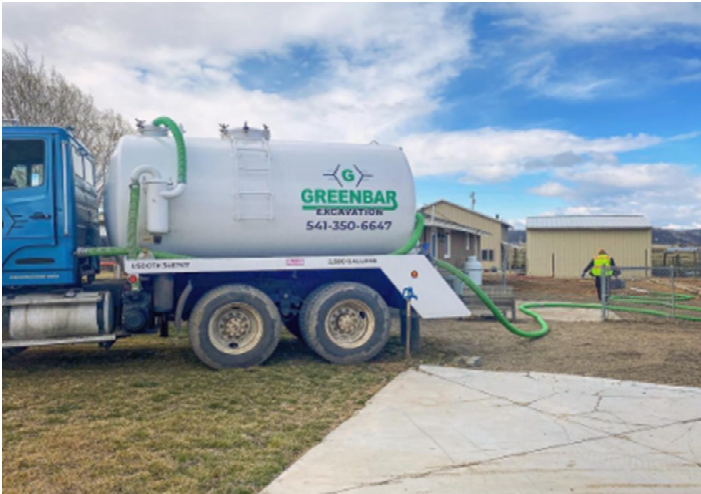How Often Should I Have My Septic System Serviced?
2 min read
Septic systems are crucial for homes and businesses not connected to a centralized sewer system. These underground wastewater treatment systems separate and process household waste, using a combination of nature and technology. To ensure they operate efficiently and have a long lifespan, regular servicing is essential.
But how often should you get your septic system serviced? Let’s delve into the details.
Understanding Septic Systems
Before we dive into the servicing frequency, it’s beneficial to have a basic understanding of how a septic system works. A septic system mainly consists of a septic tank and a drainfield. Waste flows into the tank, where solid materials settle at the bottom. Over time, bacteria break down these solids. The liquid wastewater then flows into the drainfield and is naturally filtered by the soil.
Servicing Frequency
- Septic Tank Pumping: The most common maintenance task for septic systems is pumping out the septic tank. On average:
- Households: Every 3-5 years, depending on usage and the number of residents.
- Businesses: May require more frequent pumping due to higher wastewater generation.
- Inspections: Apart from pumping, septic systems should be inspected regularly to check for potential issues like leaks or blockages. Inspections should ideally be:
- Annually for systems with mechanical components.
- Every 3 years for other systems.
- Drainfield Monitoring: While drainfields typically don’t need as much maintenance as septic tanks, they should still be monitored for signs of failure, like soggy ground or foul odors.
Factors Influencing Service Frequency
- Household Size: Larger households generate more wastewater, potentially necessitating more frequent service.
- Wastewater Amount & Consistency: Using a garbage disposal, for example, can increase the amount of solids in the septic tank.
- Septic Tank Size: A smaller tank will fill up faster than a larger one.
- Total Wastewater Volume: The more wastewater generated, the more strain on the system.
- Age of the System: Older systems may require more frequent checks and maintenance.
The Importance of Regular Servicing
Delaying or neglecting septic system servicing can lead to:
- System backups.
- Foul odors around your property.
- Expensive repair or replacement costs.
- Environmental contamination.
Conclusion
Regular septic system maintenance is crucial not only for the longevity of the system but also for the health and safety of both the residents and the environment. By adhering to the recommended service intervals and being aware of the factors that might necessitate more frequent service, you can ensure that your septic system remains efficient and functional for years to come.
This post was written by Tanner Brown. Tanner is the Owner and operator of Greenbar Excavation. http://greenbarexcavation.com/ is a fully licensed, insured, and accredited Excavation company based in





